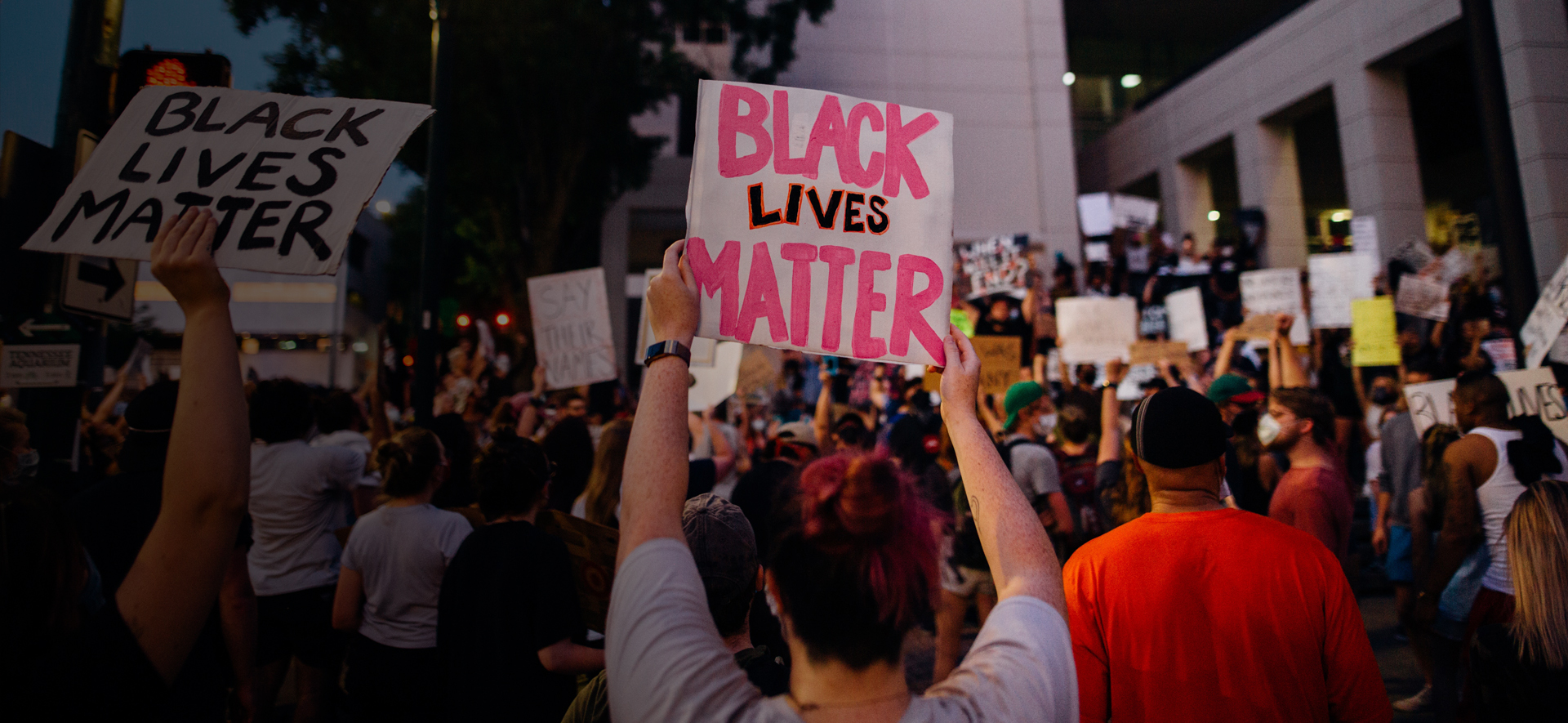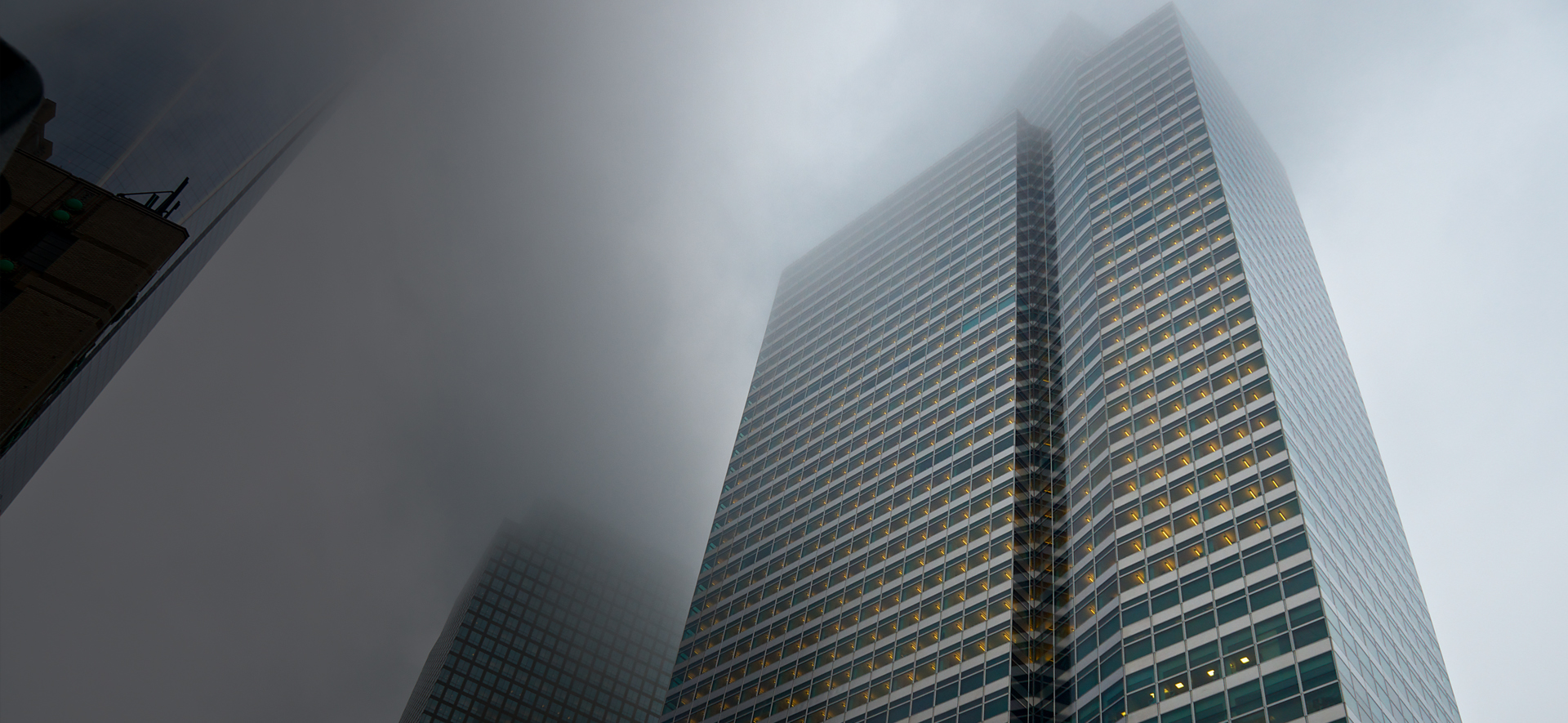OBTAINING RESULTS THROUGH INNOVATION, INTEGRITY, AND A COMMITMENT TO JUSTICE
Kohn Swift & Graf has litigated historic lawsuits over the last 50 years, securing significant and often unprecedented results for our clients. Whether guarding the market from illegal corporate practices, redressing human rights atrocities, or protecting consumer rights, our battle-tested litigators stand for justice.
STANDING UP
FOR PEACEFUL
PROTESTORS
Lawsuit Filed Against
Philadelphia Police
for Excessive Force

ZOLITOR V. PHILADELPHIA Kohn Swift attorneys filed a civil rights lawsuit on behalf of protesters who were tear gassed by the Philadelphia Police during the 2020 Black Lives Matter protests. Plaintiffs allege that the City of Philadelphia unlawfully directed the Philadelphia Police and SWAT team members to violently disperse peaceful demonstrators with pepper spray, tear gas, pepper spray pellets and bean bags.
LARGEST
ANTITRUST
INVESTIGATION
IN U.S. HISTORY
Class Action Lawsuit Recovered
$359 Million To Date

Kohn Swift has served as co-lead counsel since 2012 in 28 direct purchaser cases alleging price fixing and bid rigging for numerous automotive parts. The criminal investigation has been described as the largest in Department of Justice history. To date, Kohn Swift and its co-counsel have obtained over $359.5 million in recoveries.
JUSTICE SERVED
IN MALICIOUS
TRADE SECRET
THEFT CASE

Kohn Swift’s client, Advanced Fluid Systems, spent six years inventing a complicated hydraulic launch system for rockets that service the International Space Station. An engineer stole all the blueprints and used those to divert contracts worth millions of dollars away from AFS. Kohn Swift tried the case to verdict in our favor, and the Court of Appeals upheld the verdict. The court awarded AFS $1.1 million in lost profits, plus $1 million in punitive damages and an additional $1 million in exemplary damages.
SCORES OF NXIVM
VICTIMS SUE
FORMER LEADERS
FOR HUMAN
TRAFFICKING

EDMONDSON, ET AL., V RANIERE In Edmondson, Kohn Swift represents 80 former members of the infamous NXIVM organization seeking to hold its founder, his inner circle, and others associated with NXIVM liable for violating myriad federal and state laws, including the Racketeer Influenced and Corrupt Organizations Act and laws prohibiting conduct such as human trafficking, sex trafficking and forced labor.
FIGHTING FOR
VICTIMS OF
UNSPEAKABLE
BRUTALITY
First Human Rights
Class Action
in World History

IN RE FERDINAND E. MARCOS HUMAN RIGHTS LITIGATION, 103 F.3d 767 (9th Cir. 1996) This case was the first class action human rights case in U.S. and world history. The class consisted of 10,000 victims (or heirs) of torture, summary execution or disappearance. The defendant was the former President of the Philippines. The case was tried before a jury in Hawaii, resulting in a $2 billion judgment which was affirmed on appeal.
PROTECTING
CONSUMERS
FROM DATA
BREACHES

IN RE: U.S. OFFICE OF PERSONNEL MANAGEMENT DATA SECURITY BREACH LITIGATION Kohn Swift is pursuing data security breach litigation to recover damages for the victims of the OPM data breach. Personal information taken included social security numbers, fingerprints, and other sensitive data. This litigation resulted in opinions from the district court regarding standing for plaintiffs bringing actions against defendants for data breaches.
RECOMPENSE
FOR INVESTORS
WRONGED BY
2008 CRASH

Kohn Swift represented institutional investors in litigation that successfully recovered damages for mortgaged backed securities that were falsely promoted as being investment grade securities when in fact they were much riskier than stated in public filings. The securities were based on mortgages containing errors and falsifications that made them extremely risky and vulnerable to foreclosure unbeknownst to the investors who subsequently lost millions when the housing market crashed.